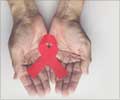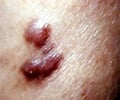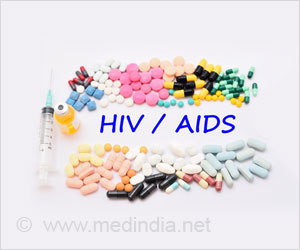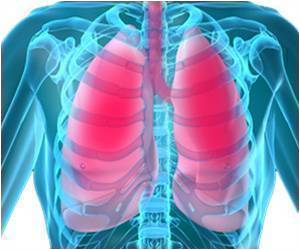HIV beats the body's early immune response contributing to the international research effort to find an elusive cure for HIV.
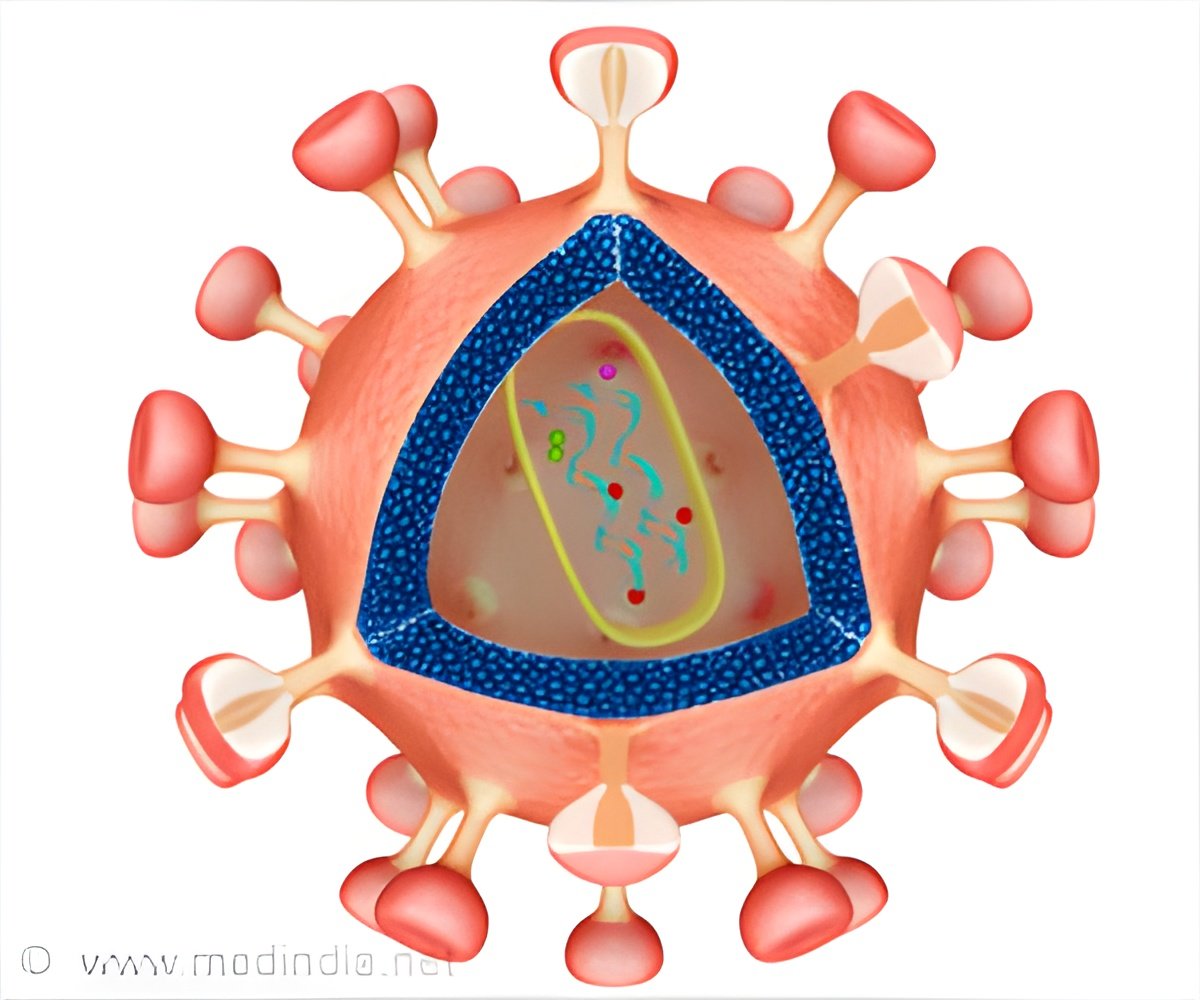
‘ISGs are critical for controlling virus infections. They provide the earliest protective response to counter invading pathogens, but paradoxically they can also contribute to virus persistence.’





Lead author of the study, Dr Najla Nasr said it's like a prize fight, with both HIV and the body's immune response both fighting for supremacy."When a person is infected with HIV, the virus infects immune cells and knocks out the body's interferon production; the first line of defence in our bodies.
"When interferon production is inhibited, the virus infects adjacent cells and spreads throughout the body.
"Surprisingly, we found that although HIV inhibits interferon production it also stimulates more than twenty antiviral interferon-stimulated genes or ISGs in its key target cells. This is the largest effect yet shown by any individual virus.
"ISGs are critical for controlling virus infections. They provide the earliest protective response to counter invading pathogens, but paradoxically they can also contribute to virus persistence.
Advertisement
Dr Nasr said the ultimate goal of this research was to understand how these antiviral genes are induced and thus coming up with strategies to boost their expression so that the virus replication is not just slowed but completely stopped.
Advertisement
Source-Eurekalert



